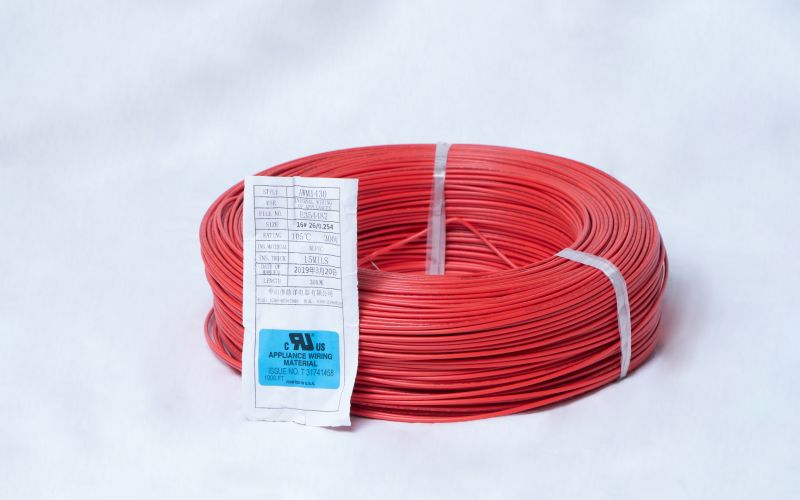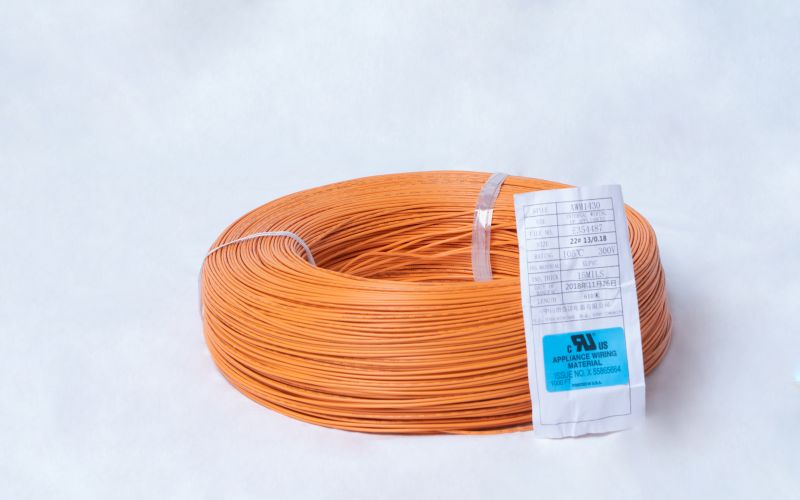Silicone insulated wire, known for its remarkable flexibility, temperature resistance, and durability, finds a wide array of applications across industries. From electronics to automotive, aerospace to medical devices, silicone wire plays a crucial role in powering and connecting various devices and systems. In this article, we'll delve into the diverse applications of silicone insulated wire, exploring its unique properties and advantages that make it a preferred choice for many demanding environments.
Introduction to Silicone Insulated Wire
Silicone insulated wire, also referred to as wire silicone, is a type of electrical wire featuring a silicone rubber insulation layer. This insulation material offers exceptional thermal stability, electrical insulation properties, and flexibility, making it suitable for a wide range of applications that require reliable performance under challenging conditions.
Automotive Industry
In the automotive industry, silicone insulated wire is extensively used for wiring harnesses, ignition systems, sensors, and other electrical components. Its ability to withstand high temperatures, oil and chemical exposure, and mechanical stress makes it ideal for automotive applications where reliability and durability are paramount.
Electronics and Appliances
Silicone wire is commonly found in electronic devices, appliances, and consumer electronics due to its excellent electrical insulation properties and flexibility. It is used in internal wiring of appliances such as ovens, microwaves, and coffee makers, as well as in electronic gadgets like smartphones, computers, and audio equipment.
Aerospace and Aviation
In aerospace and aviation applications, silicone insulated wire is preferred for its lightweight construction, resistance to extreme temperatures, and resistance to harsh environmental conditions. It is used in aircraft wiring systems, avionics, engine components, and electrical connections where reliability and performance are critical.


Medical Devices
Silicone wire is widely used in medical devices and equipment where biocompatibility, sterilizability, and reliability are essential. It is commonly employed in medical probes, diagnostic equipment, surgical instruments, and patient monitoring systems, where it must meet stringent regulatory requirements and performance standards.
Renewable Energy
In the renewable energy sector, silicone insulated wire is utilized in solar panels, wind turbines, and other renewable energy systems. Its resistance to UV radiation, moisture, and extreme temperatures makes it well-suited for outdoor and harsh environment applications where long-term reliability is essential.
Industrial and Machinery
Silicone wire is utilized in industrial machinery, automation systems, and manufacturing equipment where flexibility, resistance to heat and chemicals, and electrical insulation properties are crucial. It is commonly used in control panels, motors, sensors, and power distribution systems.
Marine and Marine Applications
In marine and maritime environments, silicone insulated wire is employed in marine electronics, navigation systems, lighting fixtures, and communication equipment. Its resistance to saltwater, moisture, and corrosion makes it an ideal choice for marine applications where reliability and durability are paramount.
Conclusion
In conclusion, silicone insulated wire is a versatile and reliable electrical wire used in a wide range of applications across industries. Its exceptional thermal stability, electrical insulation properties, flexibility, and durability make it well-suited for demanding environments where reliability and performance are critical. Whether in automotive, aerospace, electronics, medical devices, renewable energy, industrial machinery, marine, or other applications, silicone insulated wire continues to play a vital role in powering and connecting devices and systems around the world. As technology advances and new challenges emerge, silicone wire remains a trusted solution for meeting the evolving needs of various industries and applications.


